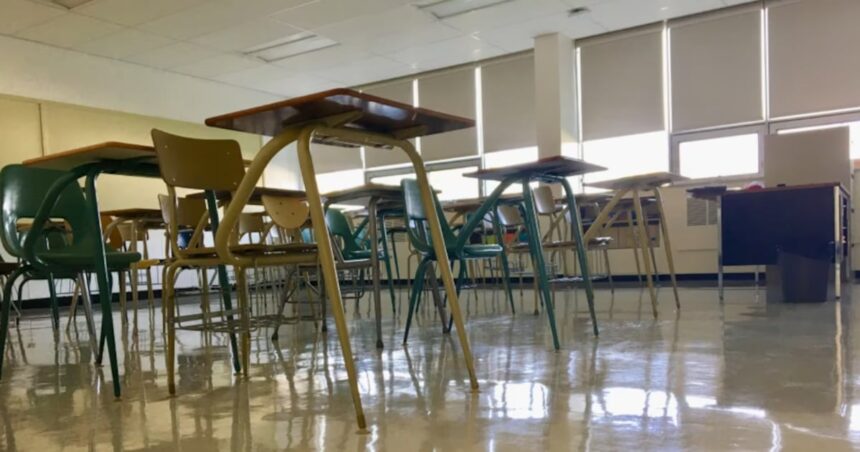As New Brunswick embarks on an experimental approach to professional development for educators, serious questions emerge about the province’s priorities and understanding of educational best practices. The pilot project, which adjusts how teacher professional development days are structured at 10 selected schools, has drawn criticism from education experts who argue the initiative may undermine rather than enhance teaching quality.
“It simply doesn’t add up,” says Dr. Helen Masterson, education policy specialist at the University of New Brunswick. “Effective professional development requires dedicated time for teachers to collaborate, reflect, and integrate new knowledge. This pilot appears to compress that essential process.”
The controversial project converts traditional full-day professional development sessions into a series of shorter after-school meetings. While Education Minister Bill Hogan frames the initiative as innovative, claiming it will “maximize instructional time with students,” educators across the province have voiced concerns about the potential impact on teacher preparation and well-being.
According to the New Brunswick Teachers’ Association, the pilot program was developed with minimal consultation with frontline educators. NBTA President Connie Green expressed frustration about the approach: “Teachers are professionals who require adequate time to develop their practice. Squeezing professional development into after-school hours when educators are already exhausted from a full day of teaching is counterproductive.”
Research published in the Journal of Teacher Education suggests that fragmented professional development yields significantly poorer outcomes than immersive experiences. A comprehensive study tracking teacher performance across five years found that schools providing uninterrupted professional development days saw measurable improvements in student achievement compared to those utilizing shorter, dispersed sessions.
“The scientific consensus on effective professional development contradicts what this pilot is attempting,” notes Dr. Masterson. “It’s concerning that the Department of Education appears to be disregarding established evidence in favor of an approach that, while perhaps politically appealing for its focus on classroom time, may ultimately hinder educational quality.”
The initiative comes amid broader tensions between the provincial government and the education sector, with recent budget allocations showing minimal increases for professional development resources despite inflation. Critics suggest the pilot may represent an attempt to reduce operational costs rather than enhance educational outcomes.
Parents have expressed mixed reactions, with some welcoming the reduction in school closures while others question whether the change will negatively impact teaching quality. Sarah Thompson, parent of two elementary students at a participating school, wondered: “If teachers aren’t given proper time to develop their skills, how does that benefit our children in the long run?”
As New Brunswick’s education system continues to face challenges including teacher shortages and resource constraints, the effectiveness of this pilot will be closely monitored. The Department of Education has committed to evaluating outcomes at the end of the academic year, though specific metrics for success remain undefined.
The fundamental question remains: in our quest to maximize instructional time, are we inadvertently compromising the quality of that instruction by reducing the professional support teachers need to excel in an increasingly complex educational landscape?










